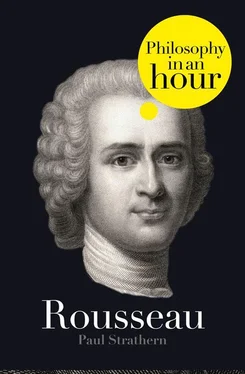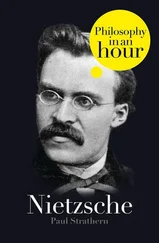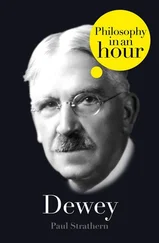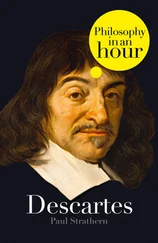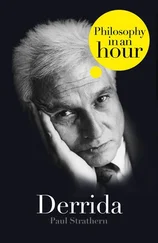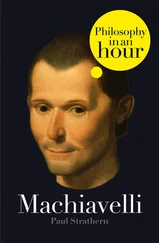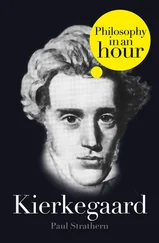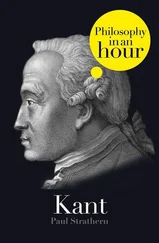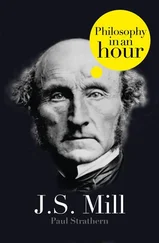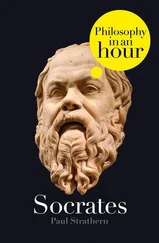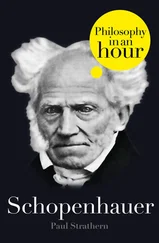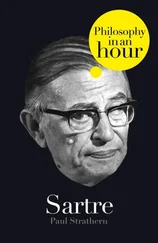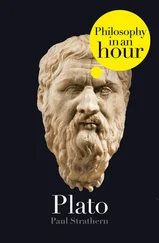Incensed, Rousseau’s father drew his sword and struck the landowner on the cheek, drawing blood. Rousseau’s father disappeared into exile – in Rousseau’s words, “rather than cede a point on which honour and liberty appeared to him compromised” – in fact to avoid a jail sentence. Rousseau’s circumstances changed overnight, and he was farmed out to poor relations: a pastor and his sister who lived in a nearby village. While living there he would be subjected to humiliations and beatings by the pastor’s sister, which provoked in him a “feeling of violence and injustice.” This would have a lasting effect, so that for the rest of his life he could claim that “my blood boils at the spectacle or recital of an unjust act.” But these beatings by the parson’s sister also induced in him a precocious sexual pleasure which would have an equally lasting effect. “Who could have believed that this punishment received at the age of eight from the hand of a woman of thirty, determined my tastes, my desires, my passions, my very self for the rest of my life.” The experience brought to the surface a latent masochism which would characterise his sexuality throughout his life.
At the age of thirteen, Rousseau was apprenticed to an engraver in Geneva. The city may have been a model of righteous democracy, but its Calvinist atmosphere was also puritan and oppressive. This was no place for the likes of Rousseau, who later wrote of himself in these years (indicatively in the third-person present) that “his character derives almost completely from his temperament alone.” He was undoubtedly possessed of an intellect, but his reactions were inspired almost entirely by his emotions. “He is what nature has made him – nature has modified him only little.” In this self-contradiction lies the essence of Rousseau’s thought: even here he is utterly himself. The seeds of the man, his temperament, his entire philosophy lie in this character – which would retain so many of the fervent and unstable qualities of adolescence throughout his life.
Just short of his sixteenth birthday, Rousseau disappeared from Geneva and fled to neighbouring Savoy (now part of France, but then under Sardinian control). Here he was soon taken into the household of Madame de Warens, a local landowner who was separated from her aristocratic husband and had converted to Catholicism. The sixteen-year-old Rousseau and the thirty-year-old Mme. de Warens found an immediate rapport. She would convert him to Catholicism, and he would become her pupil. Significantly, he soon began calling her maman (mummy). The gauche, stammering apprentice, all but devoid of formal education, who arrived on Mme. de Warens’s doorstep was gradually transformed into a presentable young man. Yet this particular ugly duckling would never quite become a swan – beneath the thin social veneer, Rousseau’s volatile temperament would continue to be his guiding force.
And he remained very much an innocent. Not until 1733 did Mme. de Warens finally feel it was her duty to “make a man” of him, seducing her twenty-one-year-old protégé in the little summer house on her estate. For a while Rousseau was installed as a somewhat inept steward to maman ’s dwindling estate, but later he took on a number of teaching posts at various places in Savoy. The sexual side of his relationship with maman would peter out – but she would be a lasting influence on him, and they would remain confidants, corresponding for years to come.
In 1742, at the age of thirty, Rousseau set off to seek fame and fortune in Paris. Despite letters of introduction to a number of minor intellectual figures, Rousseau failed to make an impression, let alone a name for himself. Eventually he was fortunate to be appointed temporary secretary to the French ambassador in Venice, and set off to take up his post. The entire episode was to prove a fiasco. The ambassador, the Comte de Montaigu, was an idle, arrogant aristocrat who looked upon Rousseau as an “impudent upstart” possessed of “all the qualities of a very bad servant.” Rousseau, who considered that his diplomatic status entitled him to be treated almost as an equal, responded with typical temperamental vigour. Surprisingly, this situation lasted almost twelve months – until the exasperated ambassador finally threatened to throw his secretary through the window into the canal.
But Rousseau’s time in Venice consisted of more than his involvement in exclusively French diplomatic incidents. This was the Venice painted by Canaletto, the “serene republic” whose sea-trading routes stretched as far as Constantinople and the Levant, a city with a thriving culture, especially in music. By now Rousseau had developed his keen ear for music into a full-fledged talent. He visited the opera frequently and responded with delight to the tuneful enthusiasm and spontaneity of Italian music – which contrasted sharply with the intricate formality of French music of the period. He was also enraptured by the more open temperament and blatant sensuality of the Venetian women he encountered. Most notable of these was a woman of relaxed virtue called Zulietta. Unfortunately Rousseau still had psychological difficulties where women were concerned. When at last he found himself alone with the Zulietta, he exclaimed to himself, “Never was such sweet pleasure offered to the heart and senses of a mortal man.” But when he found himself unable to rise to the occasion, his eye alighted on her “malformed nipple,” whereupon she became transformed in his eyes into “some kind of monster.” Zulietta took this in her stride and causally advised him, “Jacko, give up the ladies and study mathematics.”
Rousseau also managed to find time for some diplomatic duties. These would have a profound effect. His dealings with the byzantine Venetian authorities opened his eyes to the nature and power of politics. He concluded that “Everything depends entirely upon politics,” which meant that “a people is everywhere nothing but what its government makes of it.”
Rousseau returned to Paris and once again took up lodgings on the Left Bank “in an ugly room, in an ugly hotel, in an ugly street.” This was the Hôtel Saint-Quentin, where one of the staff was an illiterate twenty-two-year-old washerwoman called Thérèse Levasseur. Given the oddities of Rousseau’s sexuality, it remains unclear as to who actually seduced whom – but the result was that Rousseau became her lover. According to Rousseau, he never really loved Thérèse but felt a deep pity for the insults and humiliations she suffered. Yet Thérèse was no innocent victim; in the words of an eyewitness she was “jealous, stupid, gossipy, and a liar.” Either way, the two quickly formed a profound and lasting attachment. Thérèse would remain with Rousseau through thick and thin for the rest of his life.
This time Rousseau’s efforts to gain recognition were a little more successful. He became acquainted with the intellectual circle known as Les Philosophes , the thinkers who were engaged in writing L’Encyclopédie . This multi-volume work was intended to promulgate the rational, scientific, and cultural ideas of the Enlightenment. At the time, France was the largest and most powerful nation in Europe, but it remained for the most part rural and backward. The spread of knowledge was seen as the only way of bringing the country into the modern world. France remained under the autocratic ancien regime , with the indolent Louis XV and his twenty-thousand-strong court ruling from the gargantuan palace of Versailles, fifteen miles south of Paris. Such free-thinking developments as L’Encyclopédie were viewed with deep suspicion by Versailles and the church authorities. Rousseau became a close friend of the philosopher Diderot, the leading light of L’Encyclopédie project. Rousseau found the company of Les Philosophes intellectually stimulating, and they in turn were intrigued by the passionate temperament and originality of this ambitious provincial. Diderot was particularly impressed by Rousseau’s opinions on music, which were backed by considerable knowledge, and he commissioned Rousseau to write a series of articles on music for L’Encyclopédie .
Читать дальше
